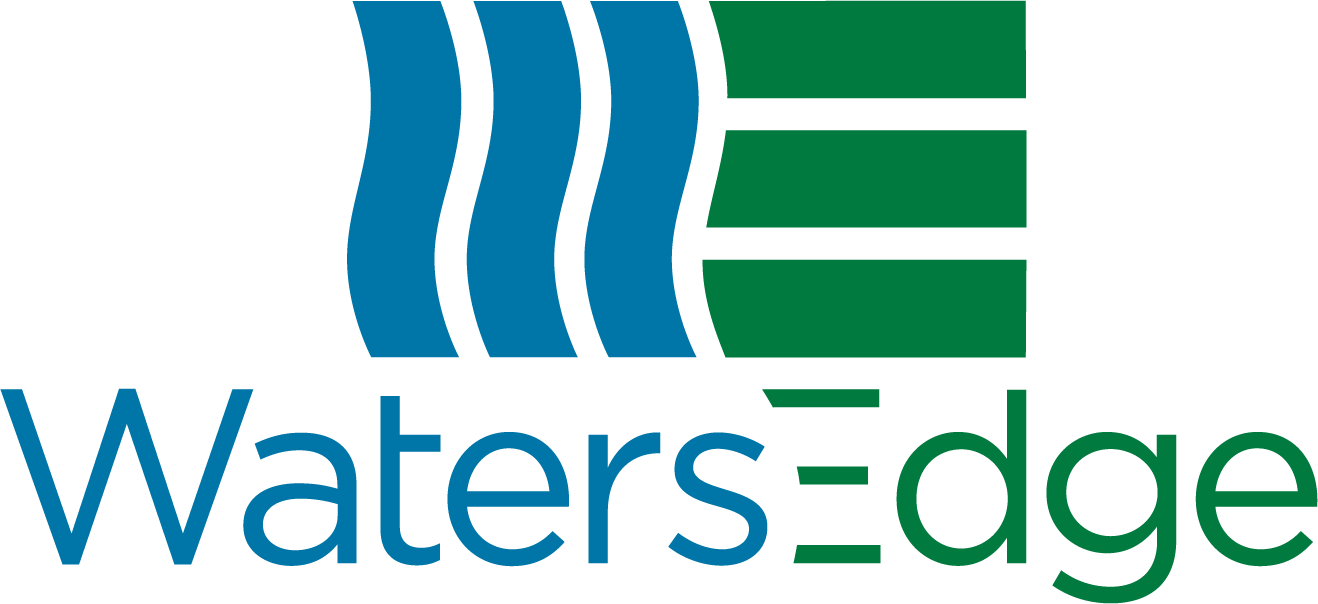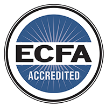January 19, 2024
Your Guide to Donor Advised Funds in 2024
Since WatersEdge first introduced donor advised funds (DAFs) as a giving option in 2000, they’ve been one of the most popular avenues for individuals and families to give charitably to the Kingdom causes they care about. A DAF is like a savings account for all your charitable giving — instead of writing multiple checks to different ministries, you contribute to your DAF account and receive a tax deduction. When you’re ready to make a grant, WatersEdge sends the check on your behalf — and you don’t have to keep up with multiple receipts.
Still, we’re often asked about the ins and outs of giving through this vehicle. As we enter 2024, let’s dive into a few of the most common questions our team hears about donor advised funds.
What asset can I use to fund a DAF?
While most donors simply fund their accounts with cash, that’s not the only way to get the most out of a DAF. Other options include gifts of:
- Publicly traded stocks and bonds
- Mutual funds
- Real estate
- Privately held investments.
Our team can answer any of your specific gifting questions.
Who can I make grants to?
Donors can support any active, qualified charitable organization with a 501(c)(3) designation, as well as your local church. Most faith-aligned organizations, food banks/shelter ministries, universities, and seminaries fall under this category, allowing you to support the causes you care about with ease.
Is there anything I can’t use my DAF for?
Donor advised funds carry one major restriction: all gifts must be entirely charitable and cannot provide you or your household with any direct or incidental benefits. A few examples of things a DAF can’t be used for are:
- Dues or membership fees
- Gifts to political candidates or PACs
- Tickets to a charitable event or benefit
- Private foundations or non-functionally integrated “Type III” supporting organizations
Additionally, WatersEdge will not be able to complete grants to a 501(c)(3) organization that does work contradictory to our Christian values and social screens. Donors are also unable to fund a mission overseas or an individual going on a mission trip through their DAF account.
Are there any fees?
There are no fees to open an account with us or process grant requests. You can choose from funds with no management fees or utilize other DAF investment options with low management fees. WatersEdge uses a tiered fee structure based on your DAF’s average daily balance, where you will be charged monthly out of an annual fee. Each charge is 1/12th of what you can see on the fee structure below. There are no required minimum account balances.
There are no fees for funds invested in our cash fund! For funds invested in our investment options, the tiered structure is as follows:
- First $250K: .75% of balance
- Next $250K: .60% of balance
- Next $500K: .35% of balance
- Over $1mm: .20% of balance
How can I be sure my money isn’t being invested in causes I don’t support?
All WatersEdge investments are socially screened, and there are prohibitive restrictions placed on investments in tobacco, pornography, gambling, abortion, alcohol, and embryonic stem cell research.
How are DAFs being used in place of private foundations?
Many of the charitable families who work with us choose to use donor advised funds to accomplish their charitable goals rather than the restrictions, maintenance requirements, and expenses of a private foundation. DAFs provide flexibility and can include family or heirs in agreement or succession plans, all at a fraction of the cost of setting up a private foundation. All these benefits accomplish the main goal of a private foundation: to support your charitable giving throughout future generations.
What if there’s only one charitable organization I want to support?
For donors interested in supporting the mission of one specific 501(c)(3) organization, a Single Charity Fund (SCF) is a terrific option. The tax benefits are significant, as these accounts can be funded with qualified charitable distributions (QCDs) from an IRA, unlike DAFS, allowing you to satisfy your required minimum distribution (RMD). Otherwise, SCFs operate in many respects like a DAF but focus giving on only one beneficiary.
More questions? Interested in starting a DAF account? Contact our giving professionals today.



